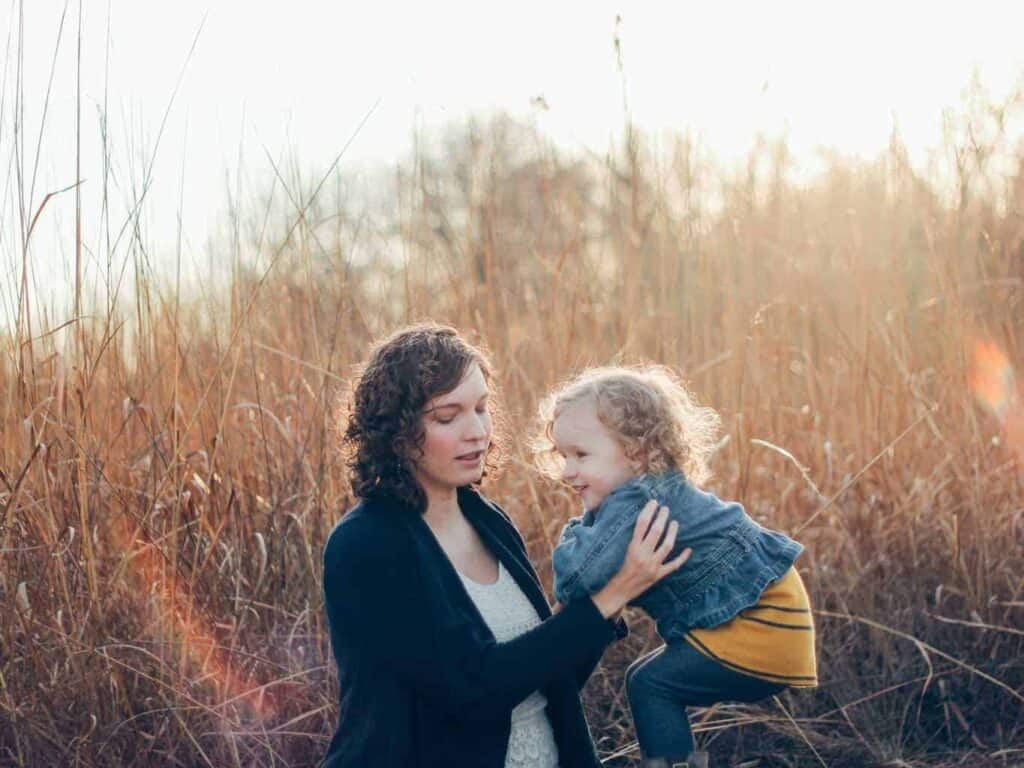Children who are polite, helpful, cooperative, and know how to control themselves are a pleasure to be around. Teaching their children to be well behaved is a goal for every parent, but it can sometimes be difficult to know what techniques will work best.
Start Young
Even toddlers understand the difference between your facial expression and tone of voice when you are pleased and when you are not.
Be emotionally open with your children right from the start, and reward your little ones with lots of big smiles and hugs.
During their first years, children want very much to please their parents. Take full advantage of that time to build a base of good behaviour.
Although it takes additional time to talk to and teach young children how to care for their belongings, be polite and respectful, help with basic chores and think of other people’s feelings, that time is well spent.
Your reward will be children who, as they approach their “tween” and teen years, respect your authority and know how to behave.
Be Positive
Kids will listen better when you are upbeat and positive, so try to notice when they are doing the right things rather than merely correcting them when they misbehave. When you see your child behaving well, mention it to them.
Say, “You were so good at Grandma’s house today. You are really getting to be a big girl!” or “I noticed that you took the garbage out already. Thanks for doing that.” Let your children know that you think that they are good, capable people and they will be.
Children believe what the adults in their lives tell them, so it is important not to berate or belittle them.
Children, like all of us, need to be acknowledged, so they will find a way to get your attention.
Be sure that you give them plenty of sincere praise for their good behaviour or they will certainly misbehave. To a child, even negative attention is better than being ignored.
Also, practice firm kindness. When your children misbehave (and they will), they will need to be reprimanded, but with care and tenderness.
Be firm, but kind. Remember, their behaviour may have been bad, but they aren’t bad.
Consistency Matters
Children do better when they know what to expect. If possible, try to have a few routines that send signals to your child about what is expected.
Decide on a time to do homework assignments – right after school is best – and try not to interrupt that time.
As evening approaches, get into the habit of helping your children to wind down and be ready to sleep.
A warm bath or shower, a light snack, tooth-brushing and a little time to read works well, but the specifics matter less than the notion that you do pretty much the same thing each evening.
It’s also important to follow through on what you say. Children learn quickly and they will be on to you immediately if you make idle threats when they are naughty.
Say what you mean and mean what you say. Follow through is important in both discipline and rewards. If you tell your child that there will be no television watching until toys are picked up, you must not change your mind.
Likewise, if you promise an outing to the zoo for bringing up a math grade, you must be sure to take that zoo trip if the grade improves.
Reward System
Call it a reward or call it a bribe, but offering something that your child enjoys in exchange for behaviour that you enjoy is a system that works.
Promise that you’ll take a family bike ride once the dishes are done or that your child can have some fruit salad after he finishes his veggies. Rewards (okay, bribes) are wonderful motivators, so use them wisely.
Show and Tell
Your children will not automatically know what you expect from them, so you must tell them. Ask your toddler to help you pick up toys and allow him to fold washcloths as you do laundry.
Encourage your school-aged child to help rake leaves and give the dog a bath. Make schoolwork a priority and provide them with a space and necessary supplies to complete their homework.
Look for opportunities to discuss desirable (and less than desirable) character traits with your children. Talk about the behaviours of television and movie characters, as well as that of your child’s peers.
Discuss how people’s actions affect others and encourage your children to draw conclusions and consider consequences. Helping them to sort out choices in hypothetical situations will prepare them to make their own choices in the real world.
Finally, be sure to set a good example. Be honest, helpful and responsible. Your children will learn far more from your actions than they will from your words.


